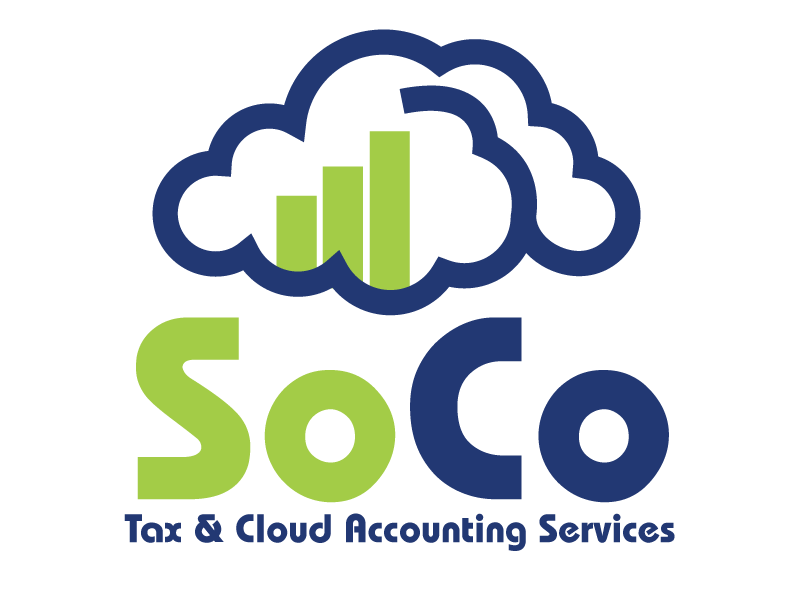Are You Eligible for the Child and Dependent Care Credit?
During the summer break period, many parents must organize care for their young children so that they can work or seek employment. A favorable solution that comes with tax benefits is a day camp or day care program.
Generally, if you pay an individual to care for a child or dependent so that you may work, you may be eligible to minimize your federal income tax by claiming the Child and Dependent Care Credit on your federal tax return.
Below are 10 facts you should know about the Child and Dependent Care Credit:
1. Qualified Persons
Your costs must be for the supervision of your dependent child or children under the age of 13 years old.
2. Work-related Costs
The costs for the care must be related to work. So, the care must be paid so that you can work or search for work. This principle also applies to your spouse if you both file a joint return. Your spouse meets this rule if they attend school full-time or if they are mentally and/or physically not capable of self-care.
3. Earned Income Necessary
It is required that you have earned income which includes salaries, wages and tips. If you are self-employed, your net earnings will be included. If you file jointly with your spouse, your spouse must also have earned income. Your spouse is considered as having earned income for any time that they are going to school full-time or not capable of self-care.
4. Joint Return if Married
Married spouses have to file a joint return. You can still receive the credit if you and your spouse are legally separated or living separately.
5. Category of Care
If you pay for care at home, at a daycare center or at a day camp program, you may be eligible for the credit.
6. Amount of Credit
The credit is equivalent to about 20-35 percent of your acceptable expenses.
7. Expense Cap
There is a limit of $3,000 for one qualified person or $6,000 for two or more qualifying persons.
8. Category of Care Not Eligible
The types of care that are not eligible for the tax credit include:
– Overnight camps or summer school tutoring expenses
– Care supplied by your spouse or your child who is under 19 years old
– Care provided by an individual you declare as your dependent
9. Save Receipts
Save all your records and receipts so you can include them when you file taxes next year. Make a note of the care provider’s name, address and taxpayer identification number as you will have to include these details when you fill out Form 2441, Child and Dependent Care Expenses.
10. Benefits from Dependent Care
Certain rules apply if you receive dependent care benefits from an employer.
Note: This credit is not solely applicable in the summer but applies year round. To get more details on the Child and Dependent Care Credit rules, check out IRS Publication 503 or contact us below.
